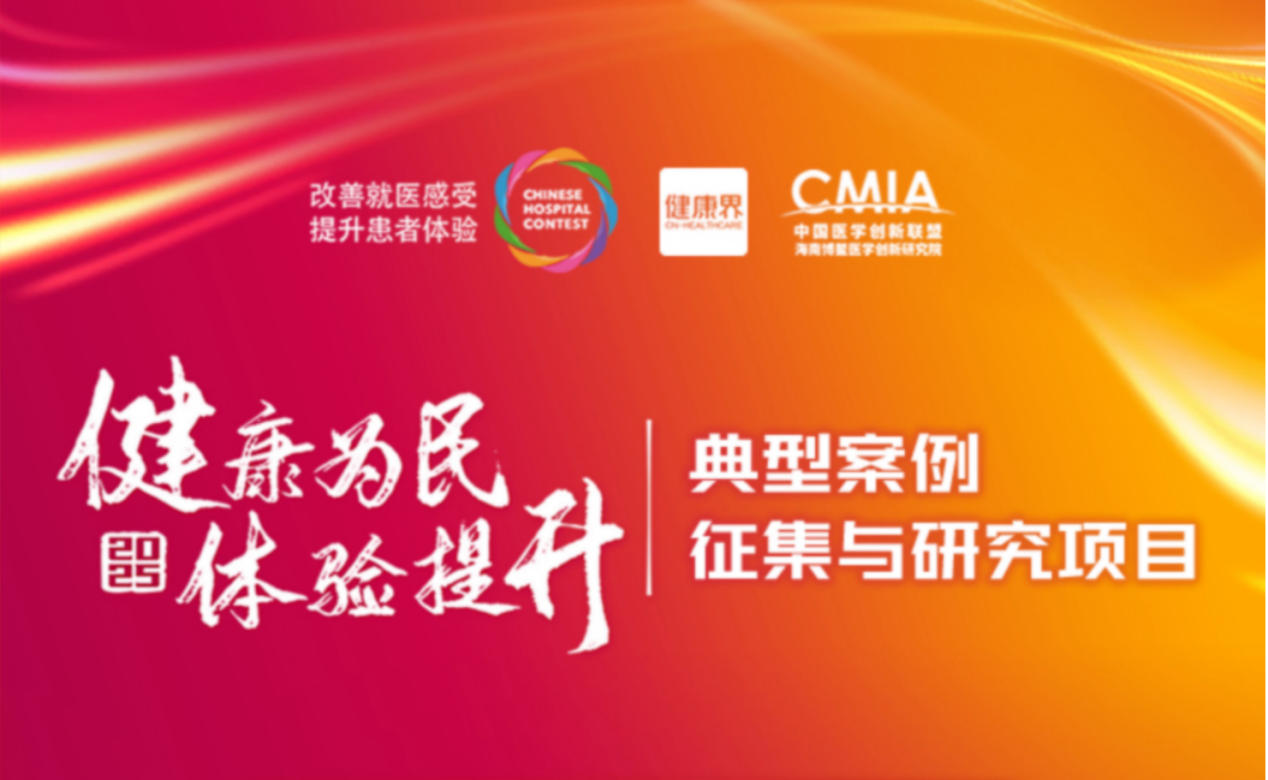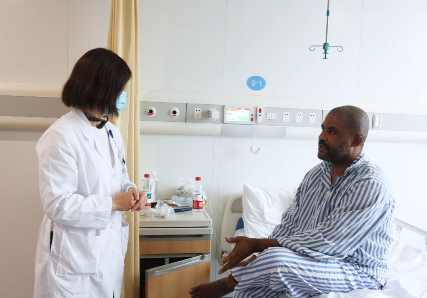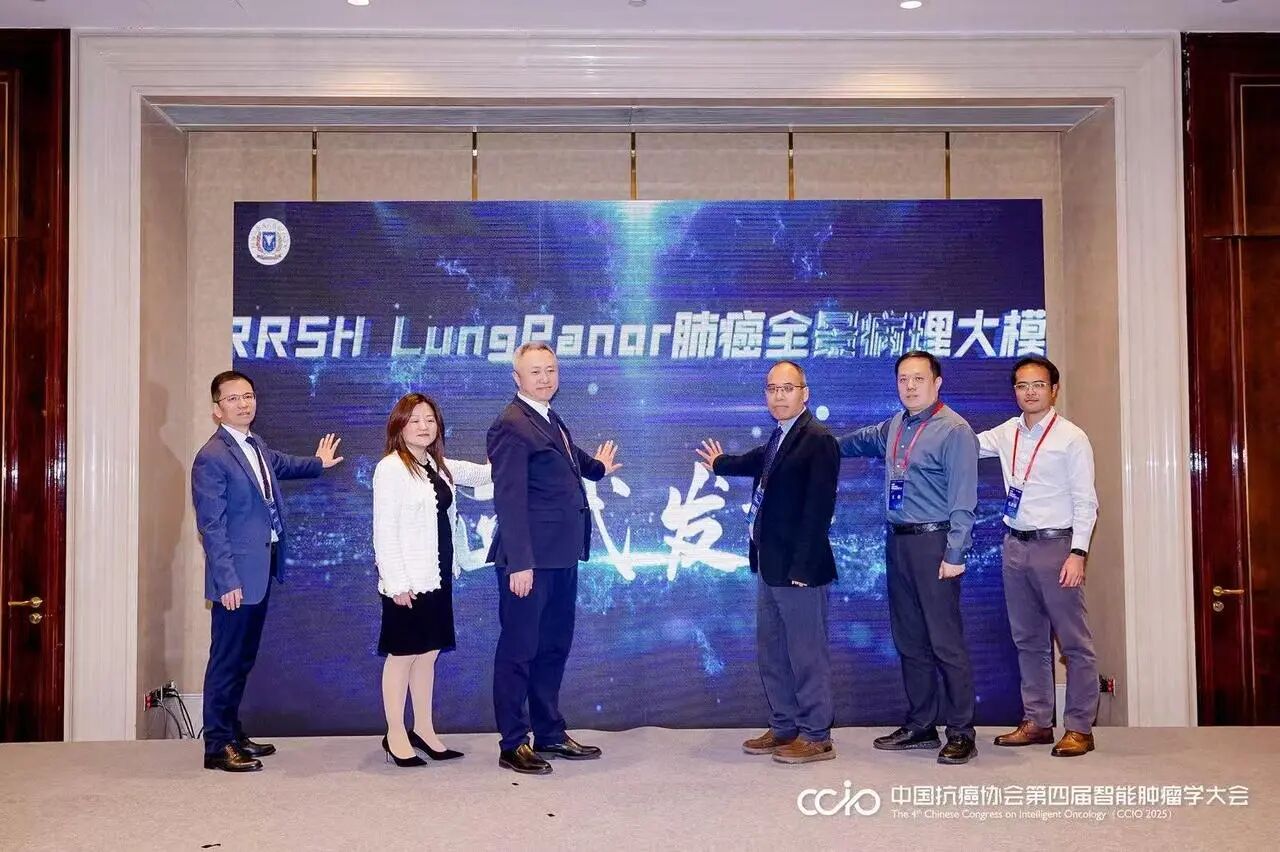
Breakthrough in Severe Acute Pancreatitis Treatment: Mortality Rate Drops to 5% at SRRSH!
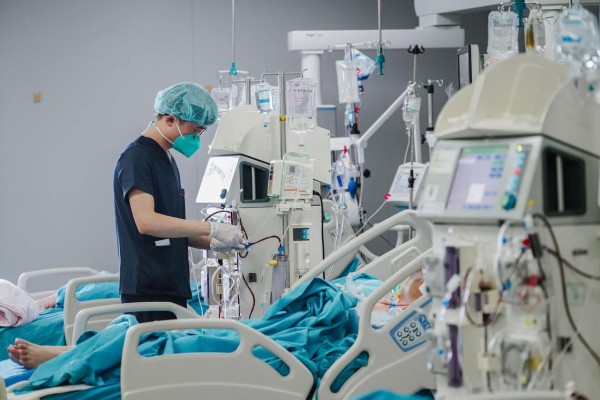
A man in his 30s, Mr. Chen, was transferred to Sir Run Run Shaw Hospital (SRRSH), affiliated with Zhejiang University School of Medicine, with severe acute pancreatitis (SAP). Initially deemed too high-risk for surgery, the patient received a phased treatment plan devised by amultidisciplinary team at SRRSH. First, measures such as controlling abdominal pressure and providing nutritional support were implemented to help Mr. Chen wean off the ventilator within a week. Subsequently, Dr. Shen Bo, Senior Consultant and hepatobiliary and pancreatic surgeon, performed a retroperitoneal laparoscopic debridement therapy to remove the necrotic tissue.
This innovative surgical approach, pioneered by SRRSH, reduces trauma, infection risks, and costs compared to traditional open surgery. It also allows for repeated "clean-up" of necrotic tissue in the retroperitoneal space caused by pancreatitis, thereby accelerating patient recovery. After nearly two months of treatment, Mr. Chen fully recovered.
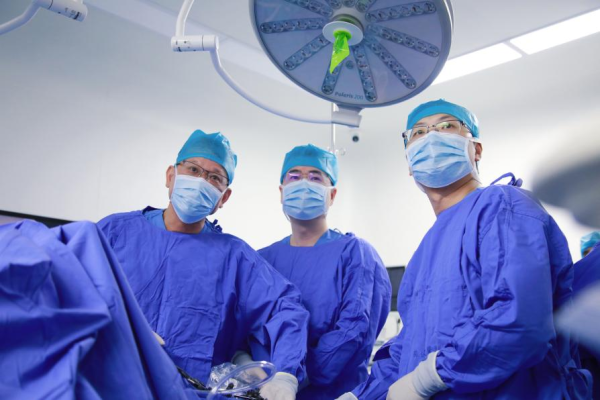
“The treatment of severe acute pancreatitis requires multidisciplinary collaboration, and the treatment plan must be adjusted in time at different stages of disease progression”, Dr. Guo Feng, Director of Critical Care Medicine. In 2016, the Severe Acute Pancreatitis Center at SRRSH was established, led by Vice President Yu Hong, with minimally invasive approach at its core. The center brings together multiple disciplines, including critical care medicine, general surgery, gastroenterology, and interventional radiology, to develop personalized treatment plans for patients.
The International Association of Pancreatology (IAP) and the American Pancreatic Association (APA) noted in the revised Atlanta Classification that severe acute pancreatitis (with persistent organ failure) carries a mortality rate of approximately 36%–50%. However, through multidisciplinary collaboration and minimally invasive techniques, SRRSH has successfully reduced this rate to just 5%.








